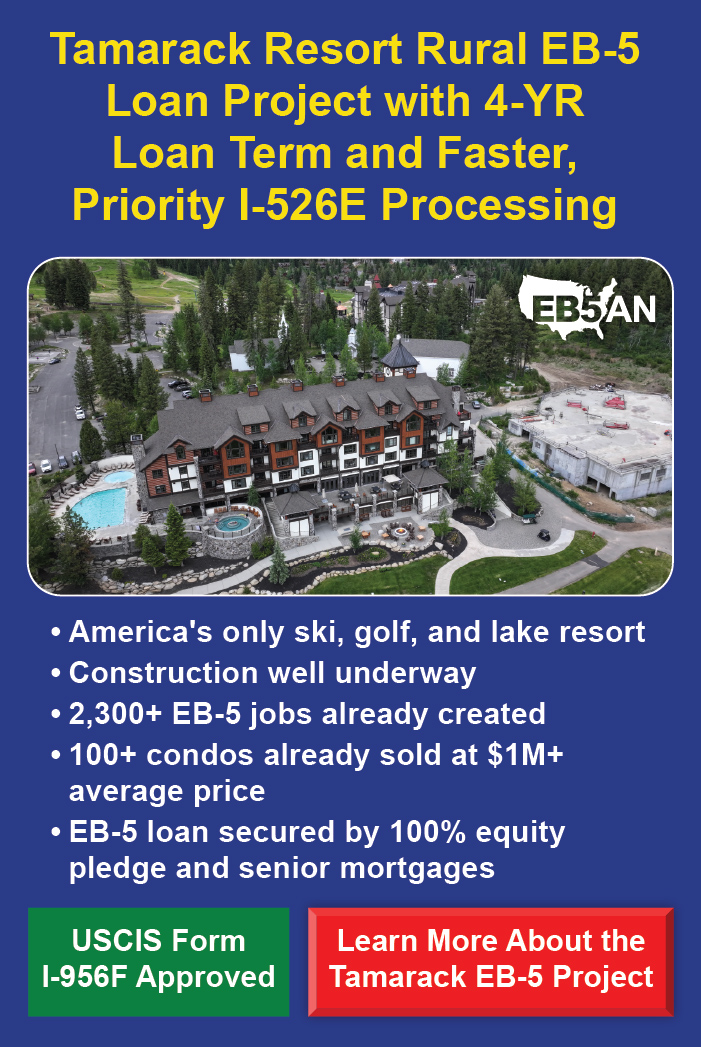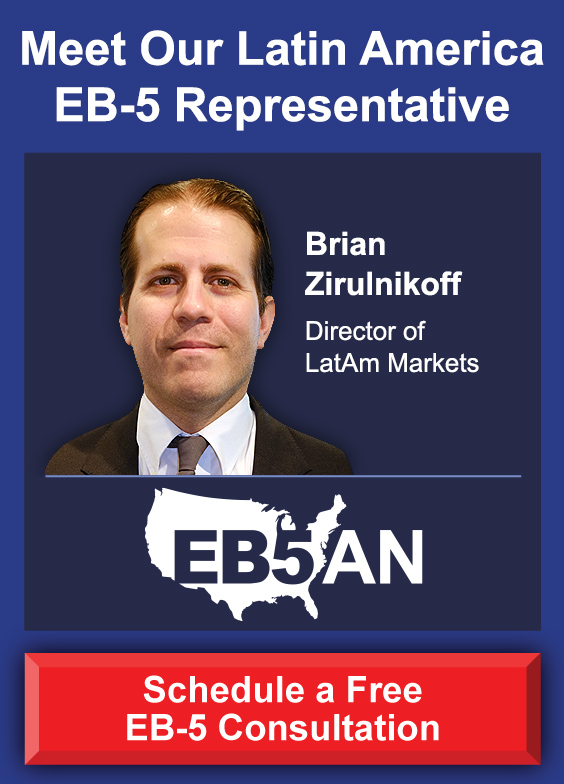No, an EB-5 investor must invest funds in a qualified U.S. business—the capital must be placed at risk and irrevocably committed to the enterprise. EB-5 investment funds cannot be in the form of a gift from the foreign national to the enterprise. On the other hand, investors are allowed to use gifts as EB-5 investment capital.
One of the most important regulations that United States Citizenship and Immigration Services (USCIS) sets out for EB-5 capital is the at-risk requirement. For EB-5 capital to be considered at risk, it must be irrevocably committed to the project in question, and there must be potential for financial loss or gain as a result of the investment. In light of this requirement, a mere intent to invest will not be accepted by USCIS when adjudicating an investor’s Form I-526, Immigrant Petition by Alien Investor. Moreover, all EB-5 investments must be made before the investor submits their I-526 petition.
EB-5 project developers are not allowed to make guaranties regarding the financial outcome of an investment—this would compromise the at-risk status of the funds. Moreover, any contracts guarantying repayment are unacceptable and would likely result in an investor’s I-526 petition being denied. Investors must transfer the full investment amount into the project’s account. (Partial investments would be an exception; in these cases, foreign nationals are allowed to invest in installments throughout a set period.) The minimum investment amount for targeted employment area (TEA) projects is $900,000, while non-TEA projects require a minimum investment of $1,800,000.
Of course, each investor’s situation will vary, so an immigration counsel’s guidance will be invaluable to ensure compliance with USCIS regulations. Before choosing an EB-5 project, investors should ensure that the project’s new commercial enterprise (NCE) guarantees a rate of return and that the business plan clearly outlines ongoing business activities. EB-5 capital must remain at risk until USCIS adjudicates Form I-829, Petition by Investor to Remove Conditions on Permanent Resident Status.











